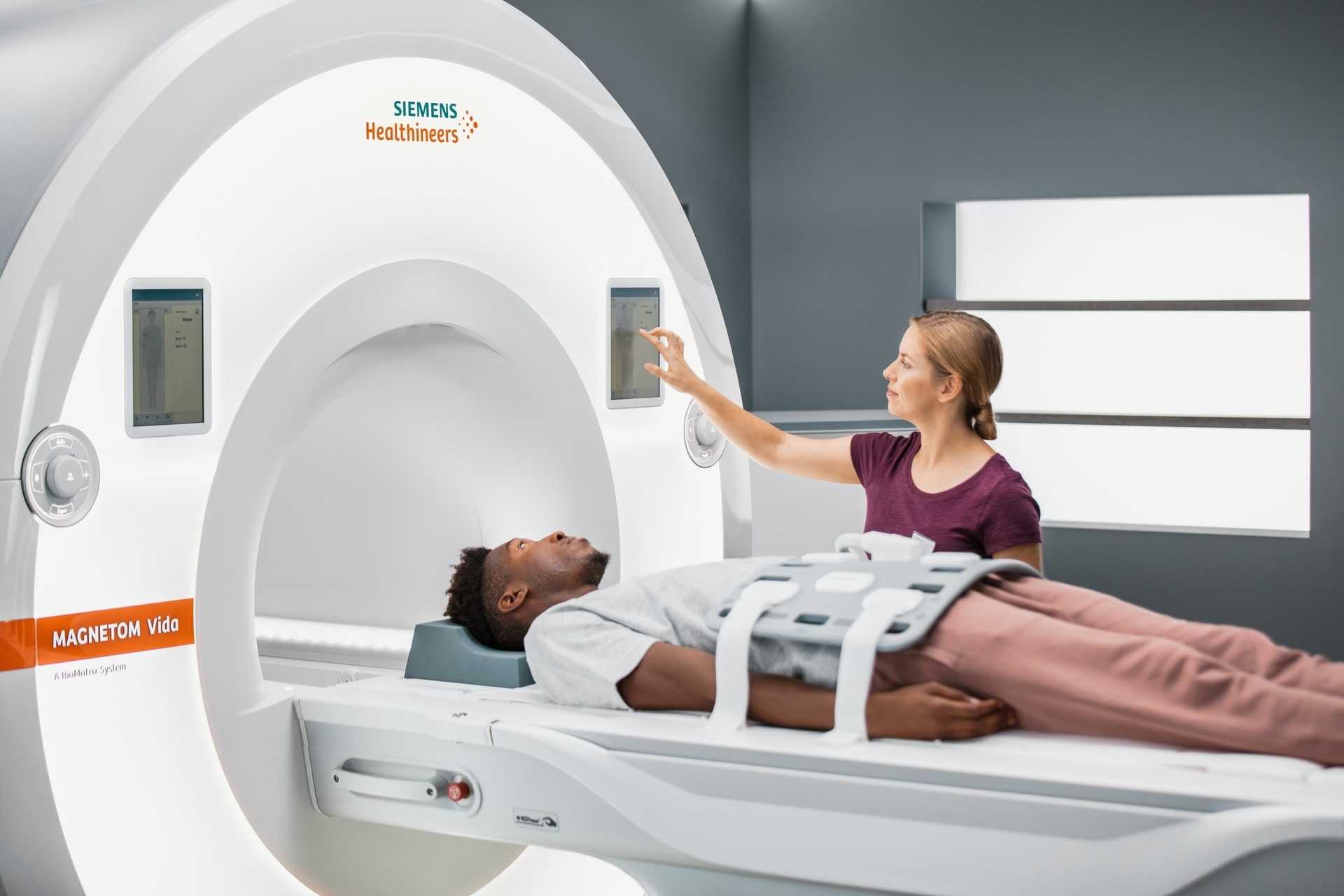Bringing Siemens tech to healthcare
 |
| Bringing Siemens tech to healthcare, source: Siemens Healthineers |
With a system of 1,400 hospitals and 180,000 beds nationwide, Vietnam served more than 10 million patients in 2018. The country’s healthcare system has made tremendous progress in recent years, but the reality remains that the system still faces overcrowded hospitals, shortage of qualified medical experts and staff, lack of sufficient equipment and facilities, and financial shortages for service upgrades.
The sustainable development of the country’s healthcare system requires a much larger investment than that of the national budget, thus the public–private partnership (PPP) model has received great attention from government and policymakers, as well as many other healthcare organisations and providers, as one of the key pillars of momentum for healthcare system development in the near future.
According to Pham Le Tuan, former Deputy Minister of Health, investment under PPP will help hospitals to expand and upgrade their infrastructure and facilities, equip themselves with state-of-the-art technologies, and develop human resource capabilities which will ultimately benefit patients.
Vietnam has proven it has great potential in this field, providing an increasing personal income and high value healthcare delivery. Together with overcrowded state-owned hospitals, private healthcare facilities are handed big opportunities. Up until now, joint ventures and socialised projects in medical equipment investment between public hospital and private ventures have called for VND3.2 trillion ($139 million) of investment. However, the lack of a legal framework and a comprehensive policy in PPP has hindered the attractiveness of this model to many private investors.
Ensuring expertise
Leveraging technology and innovation is essential to build capacity, streamline programmes, and further impact in successful PPP. This can be carried out in two ways: through the use of technical tools and platforms, and through the use of technical knowledge to ensure expertise and innovative practices are applied uniformly and consistently to community investment strategies.
In the Industry 4.0 era, German-based Siemens Healthineers is seeking more co-operation opportunities in Vietnam with domestic partners in a bid to expand presence in a country boasting great potential.
With strong co-operation with many hospitals such as Bach Mai, Hanoi Medical University Hospital, Viet Duc, Cho Ray, and University Medical Centre, and with many other partners such as the Hanoi People’s Committee, Vingroup, Vietnam Japan Medical High-Tech Development JSC, and Viet Cuong Medical Investment Ltd., Siemens Healthineers is now looking for more partners in order to expand its presence in the country.
Siemens Healthineers, with over 170 years of global experience, has a long history in Vietnam as a technology provider, service provider, and education partner. The company is pioneer in artificial intelligence development for more than 20 years and new deep learning technology now enables us to automate complex diagnostics and support optimal treatment. More than 500 patent families related to machine learning and over 125 patent families thereof are related to deep learning owned by the company.
Possible pre-requisites
It has been suggested that there should be government incentives to attract funders, for example in a value added tax (VAT) recovery model similar to the UK’s MES projects. Currently in Vietnam the VAT is higher on services as compared to equipment in healthcare, so there is now a counter-incentive for services which are usually the base for PPP projects.
There have also been calls to define the PPP model best suited for Vietnam, from groups such as Siemens Healthineers. Siemens points out that, as situations can differ from country to country, there must be some working groups between private sector and governments to define a model which works for Vietnam and is attractive for private investors, enabling them to bring global practice with some adaptations.
Furthermore, Siemens believed it is necessary to have a transparent procurement process with clear tender requirements. This can be quite complex as the “outcome based” type of contract is very new to Vietnam. Moreover, long-term contracts are required to be enforceable over a long term period of decades and more due to the very heavy investment from private sectors. For example, a contract cannot be changed because of a change of government or hospital director. This is important to be secured to reduce risk for the private sector which will ensure their participation in the PPP.
The security of payment/payment guarantees is also one key pre-requisite to boost the confidence of private investor. Last but not least, the system and the leaders from government and hospital side need to value performance and cost of non-performance which result in mindset shift from “pay for an asset” or “fee-for-service” towards value-based healthcare.
What the stars mean:
★ Poor ★ ★ Promising ★★★ Good ★★★★ Very good ★★★★★ Exceptional
Themes: PPP in Healthcare
Related Contents
Latest News
More News
- Masan Consumer names new deputy CEO to drive foods and beverages growth (February 23, 2026 | 20:52)
- Myriad risks ahead, but ones Vietnam can confront (February 20, 2026 | 15:02)
- Vietnam making the leap into AI and semiconductors (February 20, 2026 | 09:37)
- Funding must be activated for semiconductor success (February 20, 2026 | 09:20)
- Resilience as new benchmark for smarter infrastructure (February 19, 2026 | 20:35)
- A golden time to shine within ASEAN (February 19, 2026 | 20:22)
- Vietnam’s pivotal year for advancing sustainability (February 19, 2026 | 08:44)
- Strengthening the core role of industry and trade (February 19, 2026 | 08:35)
- Future orientations for healthcare improvements (February 19, 2026 | 08:29)
- Infrastructure orientations suitable for a new chapter (February 19, 2026 | 08:15)

 Tag:
Tag:


















 Mobile Version
Mobile Version